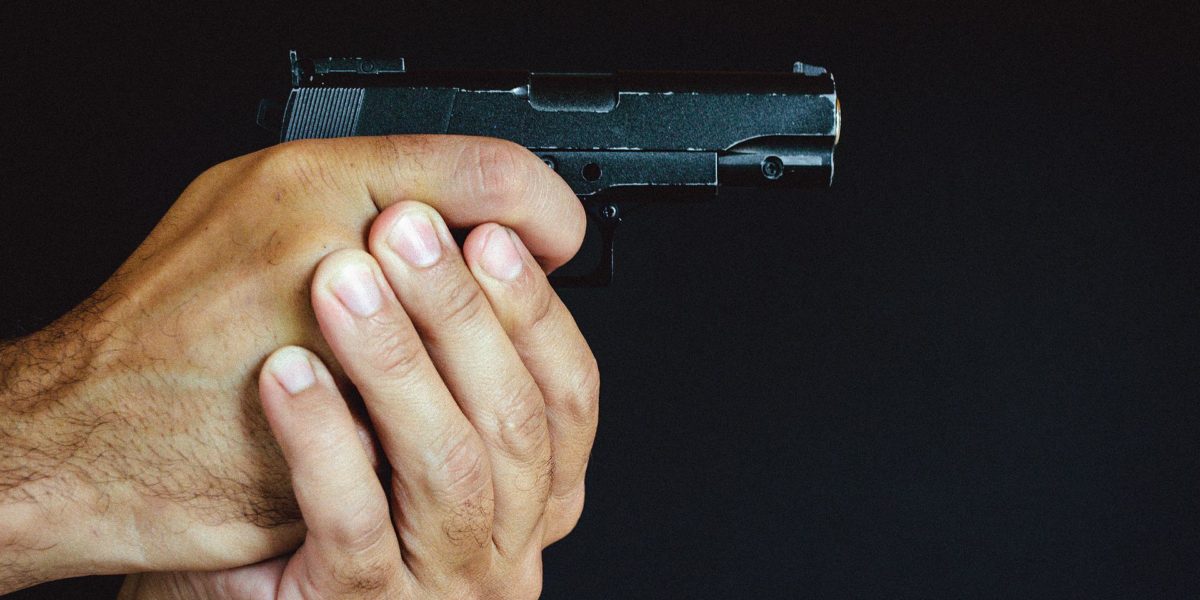After a weekend where Canadians watched as eight U.S. cities fell victim to gun violence, with ABC News reporting at least 65 people were shot over a 72-hour period from May 13 to May 15, the Canadian government is introducing new gun control laws.
The new legislation will, according to the feds, “better regulate sales and transfers of non-restricted firearms.” The new laws took effect Wednesday, May 18.
In a May 11 news release, Minister of Public Safety Marco Mendicino announced that “individuals and businesses transferring or selling a non-restricted firearm will need to confirm the recipient’s identity and check the validity of their firearms license with the Registrar of Firearms prior to completing the transfer.”
“We are taking action to keep Canadians safe from gun violence,” Mendicino said in a statement. “[These] regulations will help ensure that firearms do not end up in the wrong hands, assist police in tracing guns used in crime, and are part of the broader strategy to keep communities safe.”
The release also pointed to other federal government efforts related to gun control, from “banning assault-style firearms to strengthening protections at [Canada’s] borders.”
Additionally, the new gun control provisions would require gun sellers to “retain sales and inventory records related to non-restricted firearms, as was the case until 2005.”
“The new rule will help prevent people who are not allowed to have a firearm from getting one,” the release reads.
The Liberal government believes new gun laws will help law enforcement trace guns used in crimes.
“The records will be held by businesses — not government — and the police will need reasonable grounds to get access to them, often with judicial authorization,” the release continued.
New laws will help prevent gender-based violence
From the anti-feminist mass shooting at École Polytechnique in 1989 to the 2020 mass shooting in Portapique, N.S., firearms have contributed to gender-based violence.
According to 2020 data from Public Safety Canada, not only do women make up nearly 80 per cent of victims in intimate partner violence. In 2018 alone, there were roughly “600 victims of police-reported intimate partner violence involved in incidents where a firearm was present.”
In a 2021 letter to Canada’s Minister of Public Safety and Emergency Preparedness Bill Blair, Federal Ombudsman for Victims of Crime Heidi Illingworth advocated for stronger gun restrictions, recognizing the impact of firearms on violence against women in Canada.
“The ripple effects of gun violence cause enormous harm, trauma and ongoing challenges to communities and families who have lost a loved one, including friends or colleagues of the victims,” Illingworth wrote. “The intense trauma and stress experienced by surviving family members increases the risk of long-term psychological suffering and mental illness.”
Illingworth recommended implementing more rigorous background checks while also allowing police to remove firearms in situations where a physician identifies physical risk.
Canadians believe gun violence is on the rise
New polling from the Angus Reid Institute shows that nearly one-half of Canadians believe gun violence is increasing in their communities.
After surveying 5,000 Canadians, the poll found that respondents in Montreal (65 per cent) and Halifax (56 per cent) believe their communities have become more violent, the highest among Canadian urban metropolitan areas.
Moreover, two-thirds of Canadian respondents believe the federal government should take action on gun control, rather than leaving it up to provincial leadership.
17 per cent of respondents say gun laws are already too strict, while nearly three times as many individuals believe gun laws aren’t strict enough, at 44 per cent.
The Angus Reid poll also suggests that Canadians are divided about a potential federal buyback program for banned guns. While 40 per cent support the initiative, 47 per cent oppose the idea, which included 74 per cent of current gun owners.
CNN recently reported, there have been at least 201 mass shootings so far in 2022, representing a minimum of one mass shooting per day in the U.S. Here in Canada, federal data shows firearm-related homicides are “steadily increasing, reaching a total of 277 in 2020, 16 more than the previous year.”
The new gun control legislation from the Trudeau government comes nearly five years after the feds dedicated more than $325 million in new federal funding address rising rates of gun-related violence and gang activity.
In 2018, the Trudeau Liberals announced the Government of Canada’s Initiative to Take Action Against Gun and Gang Violence, an additional $86 million in funding to help RCMP and the Canada Border Services Agency combat gun violence. While that initiative sought to help prevent firearms from coming into the country illegally, financially arming police services has done little to prevent the rise in gun violence across Canada according to the government’s own data.



